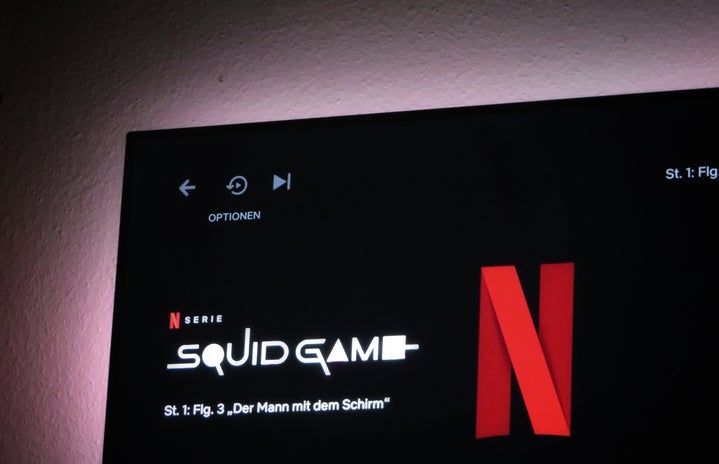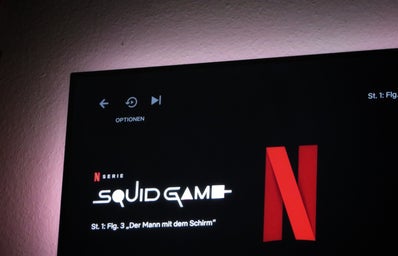With the release of Squid Game, the popular Korean fight to the death show on Netflix, it seems more and more people are interested in learning a new language. Specifically, Korean has seen a spike of interest according to Duolingo reports.
Duolingo, a free language learning application, is well known in the language acquisition community. There are many jokes about the owl mascot hunting after its users to continue learning their language. It offers hundreds of languages to be taught in a variety of ways as well.
Squid Game, released on Netflix this September 2021, has shown a record number of viewers watching the show. Based in South Korea, the show features 456 competitors completing child-based games to win money. The show is dark and gory, as the people who don’t complete the game are killed. The suspenseful show captured the minds and hearts of viewers around the world. It’s already been announced for a season 2, and Squid Game has been nominated for multiple awards as well.
After the release of the show, Duolingo has experienced an influx of new users learning specifically Korean. On its blog, the article by Sam Zabell titled “’Squid Game’ could inspire a new wave of Korean language learners” talks about the increase seen. There was a steep spike in users learning Korean on the app compared to last year. It goes to show how media and popular TV shows can encourage people to learn new languages, especially Korean.
But this is not the only situation in which media have encouraged individuals to learn a new language.
Other popular forms of media have encouraged more people to learn Asian languages specifically. Anime, originating in Japan and now very popular in America and other parts of the world, has encouraged people to learn Japanese. K-Pop, or Korean Popular music, is musical bands from South Korea like BTS. This popular music category has influenced an interest in Korean once again. There are also C-Dramas with Chinese and many other languages as well.
With the rise of technology and being able to experience other countries’ media, younger generations have been able to be exposed to these languages. As seen with Duolingo alone, its rise in language acquisition is very prominent.
It raises questions of language acquisition and motivation. In linguistics, there are many research studies that examine second language acquisition. One major topic is the reason or motivation for learning a new language. It could be connecting with a loved one, or moving to a new country. With the rise in popularity of foreign media, how do these shows or music categories motivate people’s acquisition of language and their ability in that language?
Of course, more research and analysis do need to be done. But Duolingo’s release of information goes to show how popular media influences people wanting to learn a new language. Be it Squid Game or K-Pop or anime, learning a new language late in the game can be hard. However, with the right motivation and interest, it is still possible.
Duolingo is one option to take on a new language. If putting the time into Duolingo seems daunting, another way is to make sure you watch foreign films in the original language. With the option of dub, dubbed over speech in English, many miss listening to the original language. Being exposed just simply to the language while listening and reading in English can help to improve recognition of a foreign language.
There are studies that show second language acquisition is not possible with TV or radio alone. Social interaction is the best, and really the only way, to learn a new language. So if one is interested in a new language, like Korean, finding a teacher or taking a class is your best bet!


